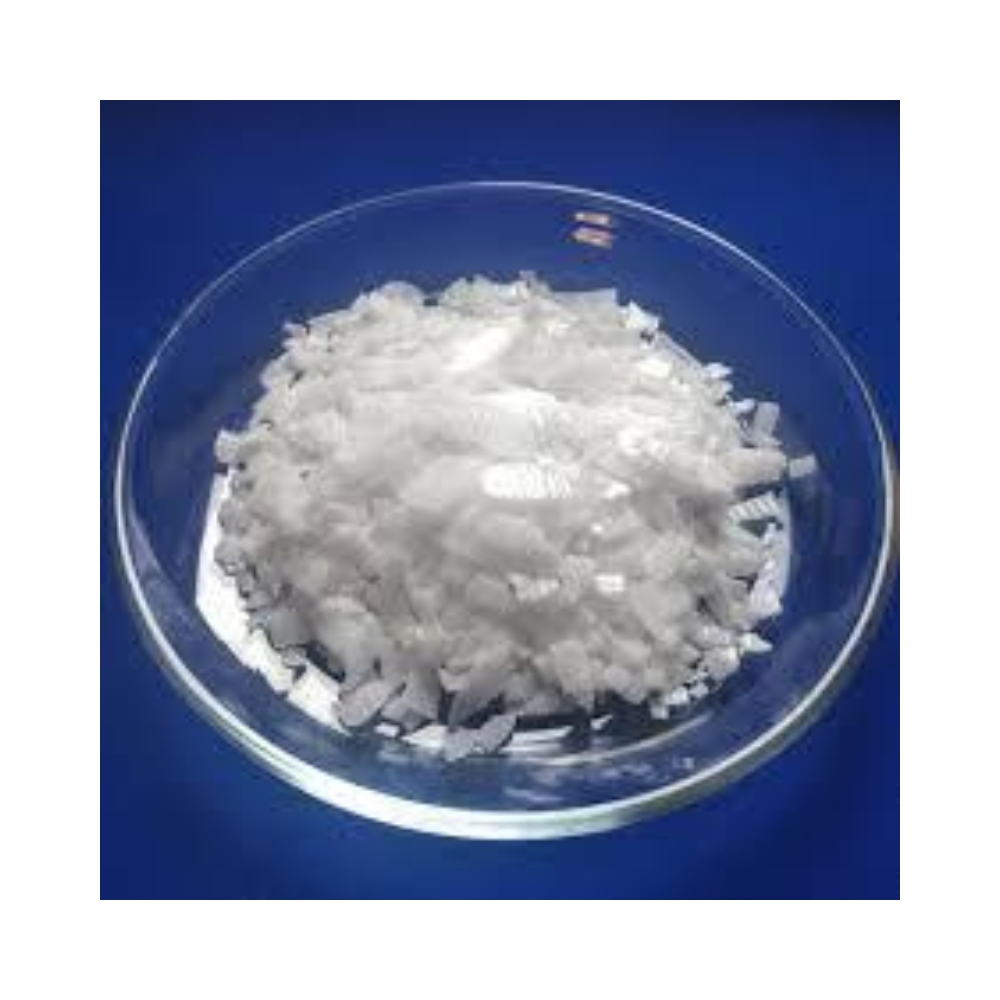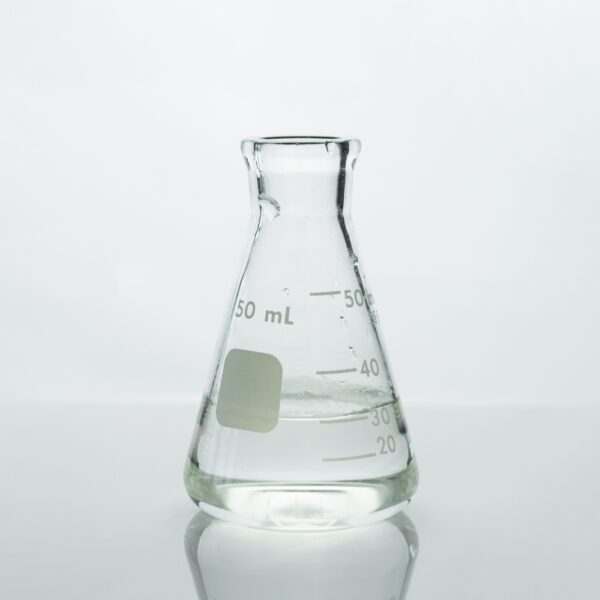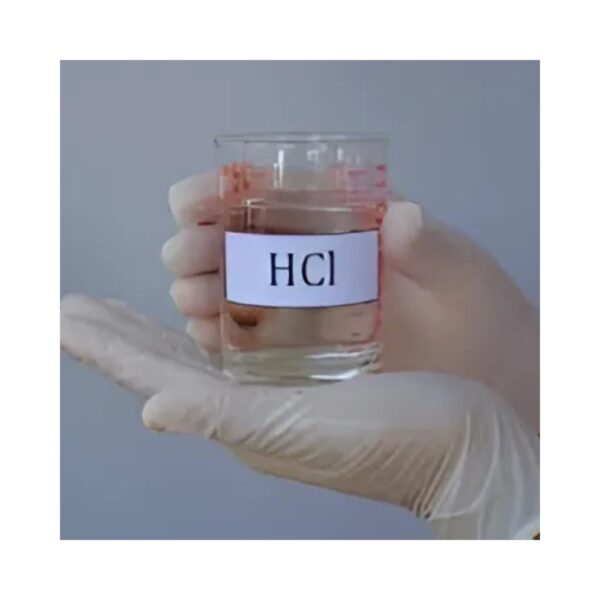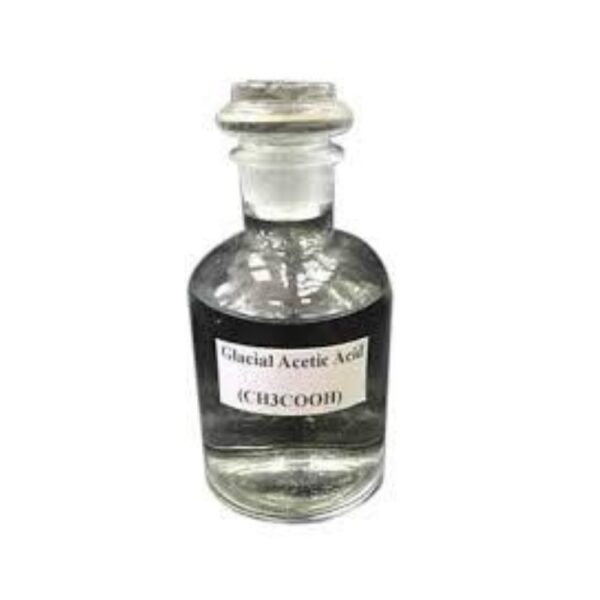Caustic soda flakes
| Form | Flakes |
|---|---|
| Packaging | 50 kg |
| Purity | 99% |
| Shelf Life | 2-3 year |
| GRADE | Technical |
| CAS NO. | 7647-01-0 |
| Chemical Composition | HCl(aq) |
| Odor | Pungent characteristic |
| Density | 1.18 g/cm³ |
Caustic Soda Flakes: Details
-
Chemical Overview:
- Chemical Name: Sodium Hydroxide
- Chemical Formula: NaOH
- Molecular Weight: 40.00 g/mol
- Appearance: White, crystalline flakes that are hygroscopic (absorb moisture from the air).
- Solubility: Highly soluble in water, ethanol, and glycerol.
- Nature: Strong base and highly caustic.
-
Uses of Caustic Soda Flakes:
Caustic soda flakes are widely used in various industries, including:
-
Chemical Manufacturing
- Production of soaps and detergents: Acts as a saponification agent in soap-making processes.
- Manufacture of paper and pulp: Used in the pulping and bleaching processes.
- Production of alumina: Extracts aluminum from bauxite ore in the Bayer process.
-
Water Treatment
- Helps neutralize acidic water and adjust pH levels.
- Used to soften water in industrial applications.
-
Textile Industry
- Involved in the mercerization process, which improves the strength and luster of cotton fabrics.
-
Petroleum Industry
- Used in oil refining and the processing of petroleum products.
-
Food Industry (Under strict regulations)
- Used for cleaning food processing equipment.
- In pretreatment of certain foods, e.g., curing olives or softening pretzels.
-
Cleaning Agents
- Common ingredient in industrial cleaners, drain cleaners, and degreasers due to its strong ability to break down fats, oils, and grease.
-
Pharmaceuticals
- Used in the manufacture of medicinal and pharmaceutical products.
-
Biodiesel Production
- Acts as a catalyst during the transesterification process.
-
Chemical Manufacturing
-
Caution and Safety Measures
Caustic soda flakes are highly corrosive and require careful handling.
-
Health Hazards:
- Contact with skin or eyes causes severe burns and irritation.
- Inhalation of dust can irritate the respiratory tract.
- Ingestion is extremely dangerous and can cause internal burns.
-
Precautions:
- Personal Protective Equipment (PPE): Wear protective gloves, goggles, face shields, and chemical-resistant clothing
-
Storage:
- Store in a cool, dry, and well-ventilated area, away from moisture, acids, and incompatible materials.
- Use tightly sealed containers as caustic soda absorbs moisture and carbon dioxide from the air.
-
Handling:
- Avoid creating dust.
- Always add caustic soda to water, not the other way around, to prevent a violent reaction (heat generation and splashing).
-
First Aid:
- Skin Contact: Wash thoroughly with plenty of water for at least 15 minutes. Seek medical attention.
- Eye Contact: Rinse immediately with water for at least 15 minutes; consult an ophthalmologist.
- Inhalation: Move to fresh air and seek medical assistance if breathing difficulties occur.
- Ingestion: Do not induce vomiting. Rinse the mouth with water and seek medical attention immediately.
-
Health Hazards:
-
Common Synonyms
- Sodium hydroxide flakes
- Lye flakes
- Caustic soda solid
Product Description
Caustic Soda Flakes: Details
-
Chemical Overview:
- Chemical Name: Sodium Hydroxide
- Chemical Formula: NaOH
- Molecular Weight: 40.00 g/mol
- Appearance: White, crystalline flakes that are hygroscopic (absorb moisture from the air).
- Solubility: Highly soluble in water, ethanol, and glycerol.
- Nature: Strong base and highly caustic.
-
Uses of Caustic Soda Flakes:
Caustic soda flakes are widely used in various industries, including:
-
Chemical Manufacturing
- Production of soaps and detergents: Acts as a saponification agent in soap-making processes.
- Manufacture of paper and pulp: Used in the pulping and bleaching processes.
- Production of alumina: Extracts aluminum from bauxite ore in the Bayer process.
-
Water Treatment
- Helps neutralize acidic water and adjust pH levels.
- Used to soften water in industrial applications.
-
Textile Industry
- Involved in the mercerization process, which improves the strength and luster of cotton fabrics.
-
Petroleum Industry
- Used in oil refining and the processing of petroleum products.
-
Food Industry (Under strict regulations)
- Used for cleaning food processing equipment.
- In pretreatment of certain foods, e.g., curing olives or softening pretzels.
-
Cleaning Agents
- Common ingredient in industrial cleaners, drain cleaners, and degreasers due to its strong ability to break down fats, oils, and grease.
-
Pharmaceuticals
- Used in the manufacture of medicinal and pharmaceutical products.
-
Biodiesel Production
- Acts as a catalyst during the transesterification process.
-
Chemical Manufacturing
-
Caution and Safety Measures
Caustic soda flakes are highly corrosive and require careful handling.
-
Health Hazards:
- Contact with skin or eyes causes severe burns and irritation.
- Inhalation of dust can irritate the respiratory tract.
- Ingestion is extremely dangerous and can cause internal burns.
-
Precautions:
- Personal Protective Equipment (PPE): Wear protective gloves, goggles, face shields, and chemical-resistant clothing
-
Storage:
- Store in a cool, dry, and well-ventilated area, away from moisture, acids, and incompatible materials.
- Use tightly sealed containers as caustic soda absorbs moisture and carbon dioxide from the air.
-
Handling:
- Avoid creating dust.
- Always add caustic soda to water, not the other way around, to prevent a violent reaction (heat generation and splashing).
-
First Aid:
- Skin Contact: Wash thoroughly with plenty of water for at least 15 minutes. Seek medical attention.
- Eye Contact: Rinse immediately with water for at least 15 minutes; consult an ophthalmologist.
- Inhalation: Move to fresh air and seek medical assistance if breathing difficulties occur.
- Ingestion: Do not induce vomiting. Rinse the mouth with water and seek medical attention immediately.
-
Health Hazards:
-
Common Synonyms
- Sodium hydroxide flakes
- Lye flakes
- Caustic soda solid
Our all products will be ISO, GMP and ZED certified

ISO company certified

GMP company certified







